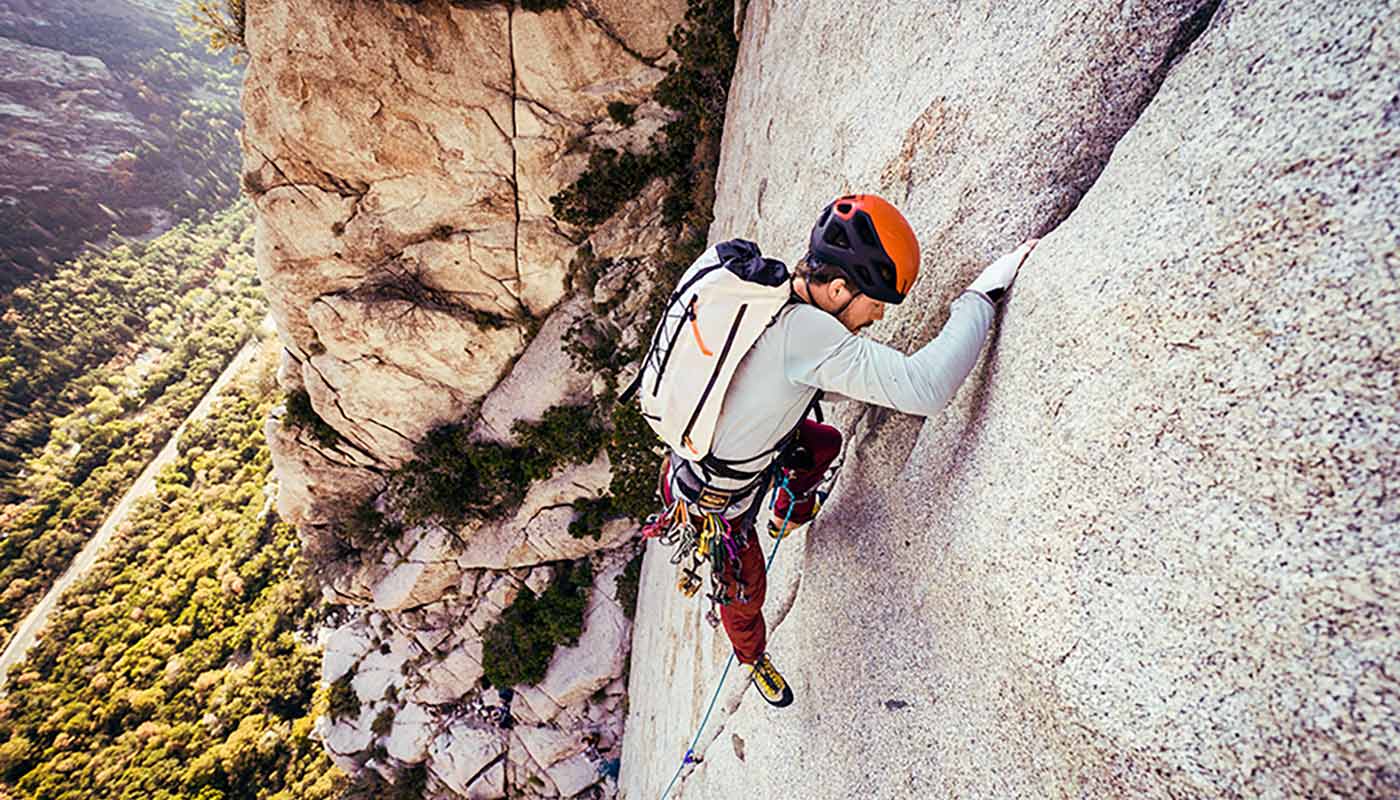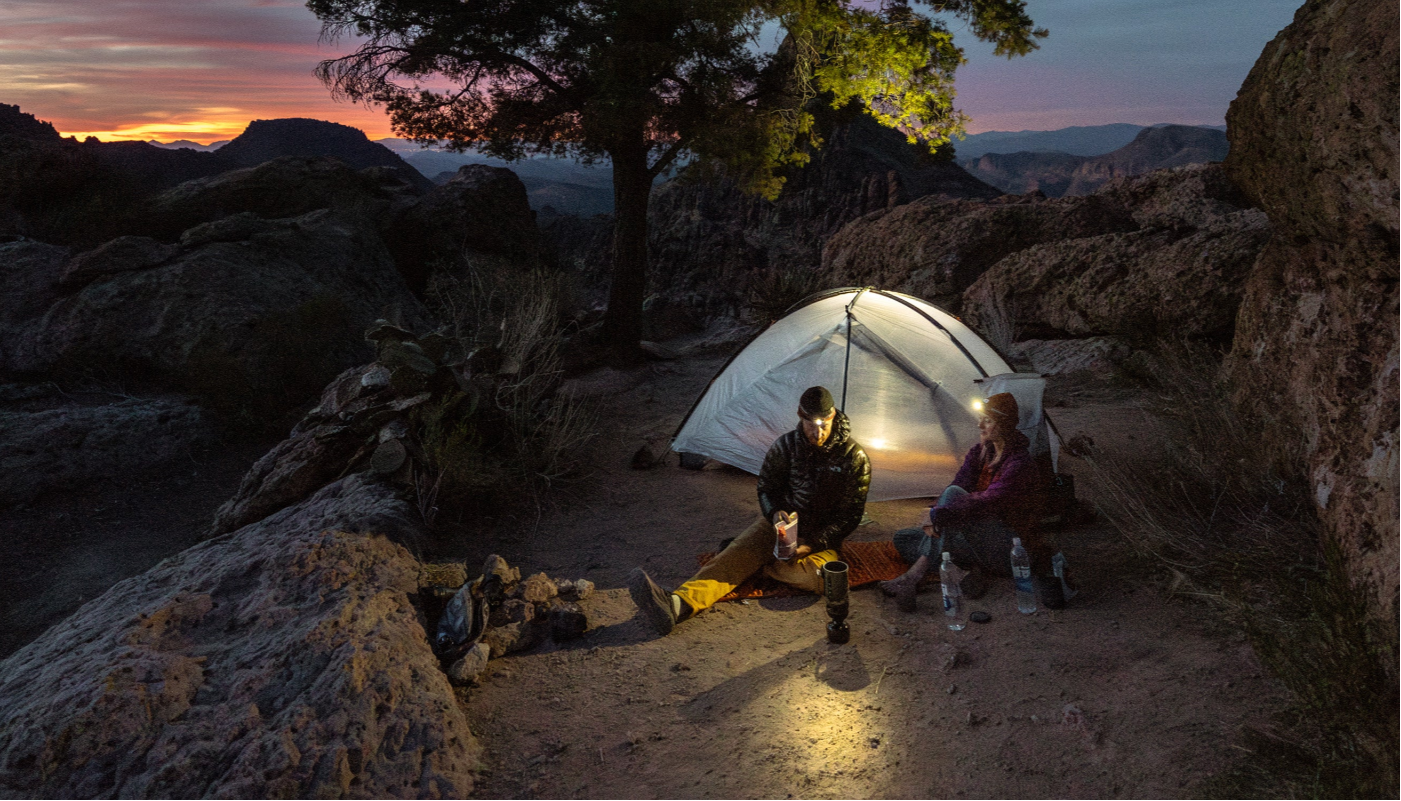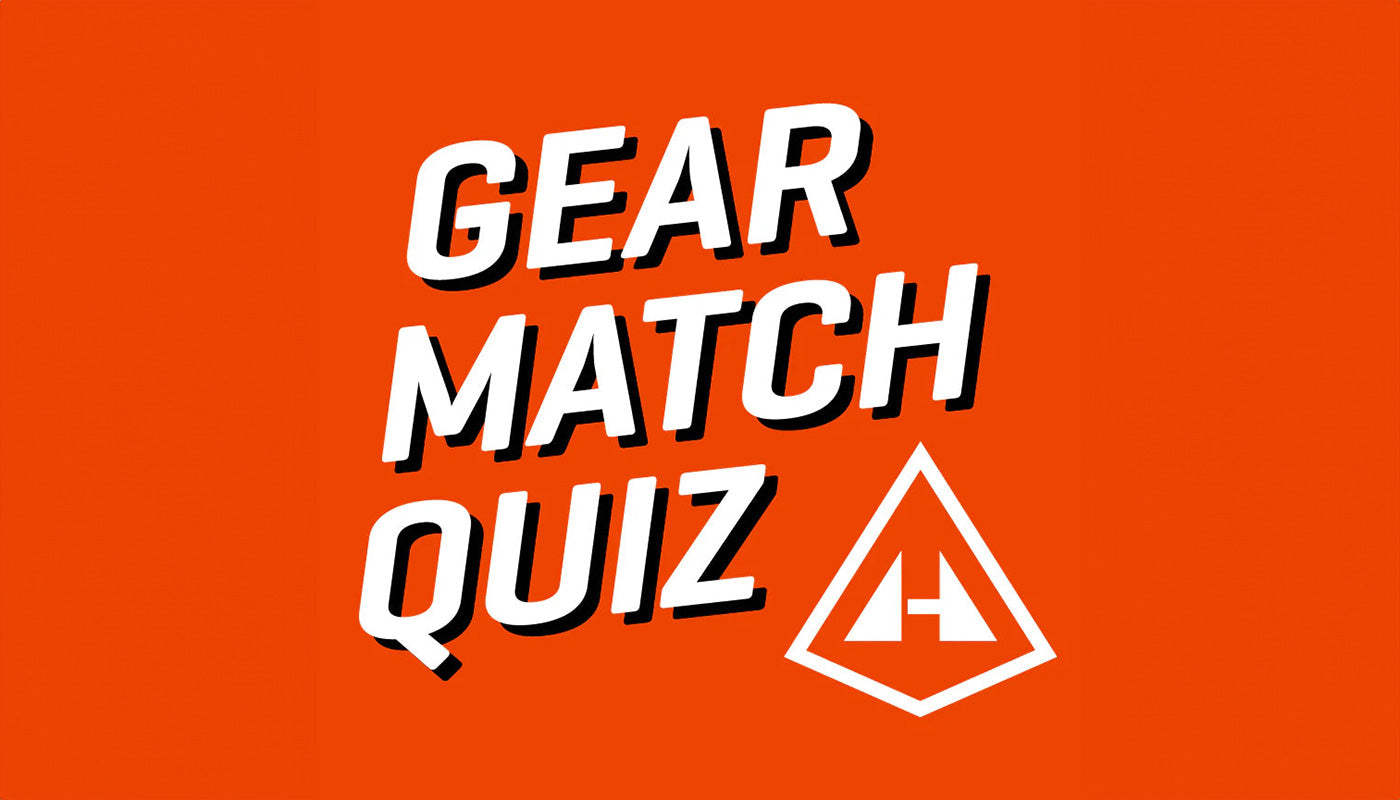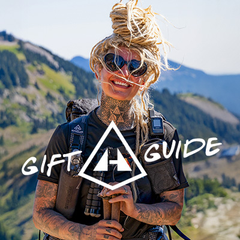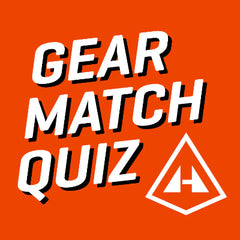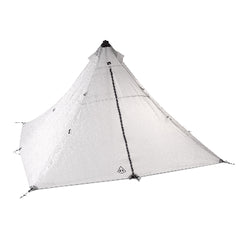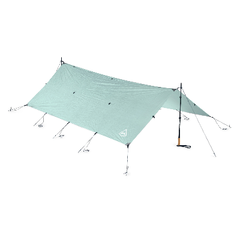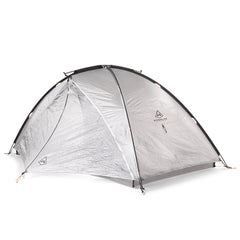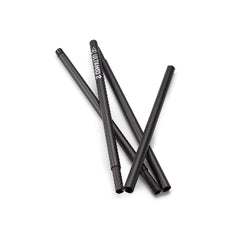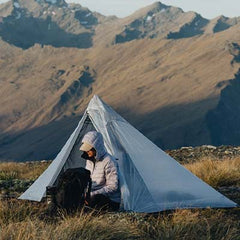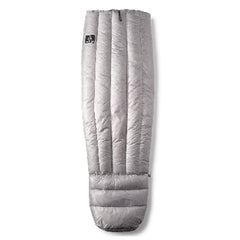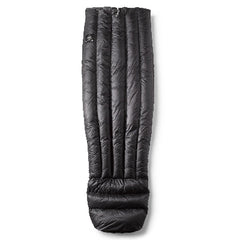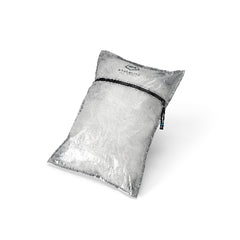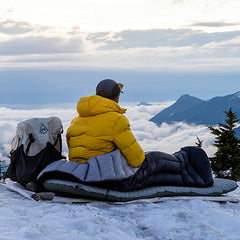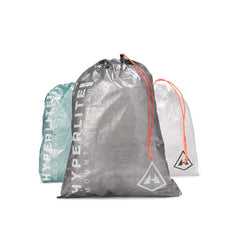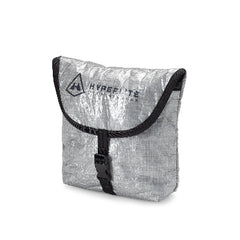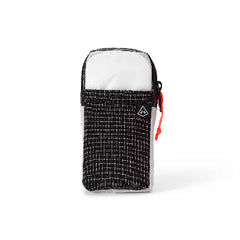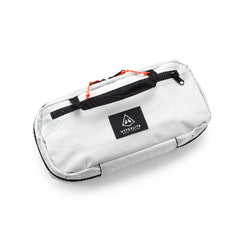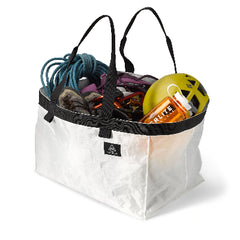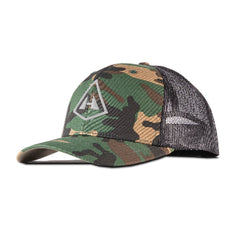Since 1965, the instructors and students of the nonprofit global wilderness school, the National Outdoor Leadership School (NOLS), have immersed themselves in backcountry settings or through courses near home to "Equip people with the skills, resilience, and confidence to lead in all walks of life." Their instructors have applied their skills to help more than 280,000 people learn what it takes to survive and thrive on their own and in team settings in some of the wildest places on Earth. Who better than to ask what kinds of "classroom tools" work best when lessons are in session? We reached out to our friends and NOLS staff, Jeff Wohl and Jeremy Cronon.

JEFF WOHL
LOCATION (MOST OF THE TIME):
Lander, Wyoming, if we're not leading trips in some remote area.
YEARS INSTRUCTING:
I've been working as an outdoor guide or outdoor educator since 1996 and with NOLS since 1999.
POSITION AT NOLS:
I am a Senior Lead Instructor, having spent several hundred weeks in the field. Trips I most often lead involve backcountry skiing, avalanche education, technical canyoneering, horsepacking, and specific leadership education, sometimes training NASA astronauts and teaching wilderness first aid courses.
HMG GEAR YOU USE:
My HMG Southwest 70 was my go-to pack for many, many years. I've used it from Utah canyons, Northern Alaska, Arizona deserts, and Wyoming glaciers. Currently, my go-to sleep system is the HMG 40° quilt for most three-season uses, switching to the 20° when the snow starts to fly, sometimes using both for deep winter expeditions. Recently, I've been rocking an UltaMid 2–I love its versatility, and especially for winter expeditions, having the ability to dig out under it to have more space is amazing. It's so simple and so solid. It is probably the strongest and lightest pyramid tent out there. The Unbound 2 is likely my top pick for working in soggy, buggy locations like the Pacific Northwest or the Brooks Range of Alaska, and the Ultamid 1 is my choice for a shelter in the Rockies or in the Southwest when I can expect to spend less time cowering from bugs and weather.
WHAT KINDS OF TRIPS ARE YOUR CLIENTS SIGNING UP FOR?
Folks come to NOLS for so many reasons, often because the world-class educators at NOLS teach great technical skills. However, NOLS also provides a very robust leadership curriculum that will help people navigate the urban wilderness as well as the natural one.
WHAT TYPES OF CHALLENGES WILL THEY BE PRESENTED WITH?
Trips can often be hard with long days and really nasty weather. It could be really hot in some desert locations, or we could be winter camping in subzero temperatures. Most strips are usually at least two weeks in length–but many last a month in very remote locations. There's a focus on navigating with maps and compasses and traveling off-trail.
WHAT KIND OF GEAR WORKS BEST IN THESE SCENARIOS? WHY DO YOU RECOMMEND HYPERLITE MOUNTAIN GEAR?
On any expedition, picking the right gear is always important to meet your specific environmental needs and trip goals. I feel Hyperlite has done a fantastic job making gear that will save pounds on your back while being robust enough for any type of user, whether they get out for a weekend or are out on extended remote expeditions. The wide range of shelters, packs, and sleep systems is a great menu to get the right gear for the right job.

JEREMY CRONON
LOCATION (MOST OF THE TIME):
Lander, WY
YEARS INSTRUCTING:
18 years (8 years at NOLS)
POSITION AT NOLS:
Partnerships Director - Field Instructor (Backpacking, Canyoneering, Climbing, Backcountry Skiing, Lightweight Backpacking, and Sea Kayaking)
HMG GEAR YOU USE:
Field Course Kit: A well-loved and patinaed Porter 70, Versa Hip Pack (one of the original prototypes), and a few stuff sacks.
Personal Trip Kit: Porter 40 (w/ the OG logo!), Summit Pack (OG logo), Shoulder Pocket, and Stuff Sacks/Pods galore.
Wishlist: Ultamid 1 (w/ separate Insert), Aero 28, and Zippys!
WHAT KINDS OF TRIPS ARE YOUR CLIENTS SIGNING UP FOR?
Students on a NOLS course can sign up for just about any experience available–rock climbing in Red Rocks, mountaineering on Denali, sea kayaking in Prince William Sound, Drascombe sailing on the Sea of Cortez–just to share a few examples. Most people who come to take an expedition with NOLS, however, go backpacking between the months of May and August in Wyoming or Alaska. As far as what they are signing up for? The technical discipline and sense of adventure are only the beginning of the intrigue. People come to better understand themselves, manage others in austere environments, problem-solve with teams in consequential situations, or simply expand their horizons and spend time outside.
WHAT TYPES OF CHALLENGES WILL THEY BE PRESENTED WITH?
Specific challenges on a NOLS course vary with the skill type, but environmental exposure and expedition-life carry with them similar rigors. When living outside for a week (let alone upwards of ninety days), the elements have a way of expanding your comfort zone. Your body gets used to the constant temperature regulation, exposure, and general uncertainty. And, as per usual, not all challenges are purely environmental. Forming, nurturing, and maintaining community amongst a group of strangers takes levels of awareness and care that can be exhausting while offering untold rewards and deep satisfaction.
WHAT KIND OF GEAR WORKS BEST IN THESE SCENARIOS? WHY DO YOU RECOMMEND HYPERLITE MOUNTAIN GEAR?
When I think about packing for an expedition, trust is the deciding factor for what goes in my pack, panders, dry bag, etc. As an outdoor professional, I need to know that I won’t be worried about my gear or ability to show up for my students or clients when the going gets tough. This trust is a combination of dependability and versatility. I want to know that the gear I’m using won’t fail when I need it most and will perform regardless of what the elements throw at me.
In the end, the value of gear isn't in ounces, feature-sets, or fabrics. The right gear is the gear you know how to adapt to whatever environment or situation you find yourself in and that you trust to see you across the finish line.
Hyperlite gear strikes the ideal balance between weight, durability, and functionality. It allows you to focus on the world around you and the people you are sharing the experience with rather than worrying about the gear you are carrying. It will perform better and survive more than other lightweight offerings. It will adapt to your needs, meaning you rarely have to ask, “Which pack (shelter, stuff sack, tent, sleeping bag) should I bring?” Most importantly, it just works. And keeps working.
Want to learn more about NOLS? Start HERE.
